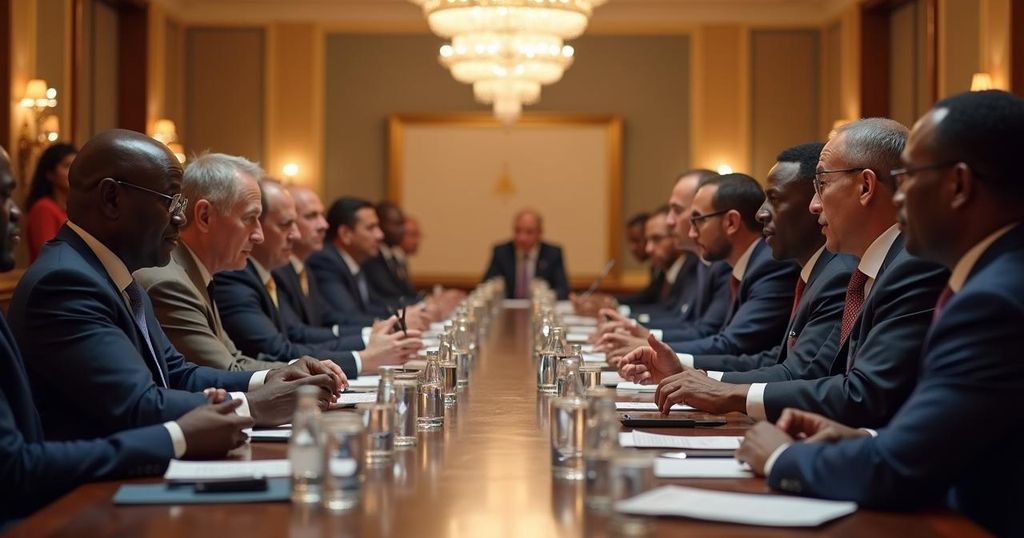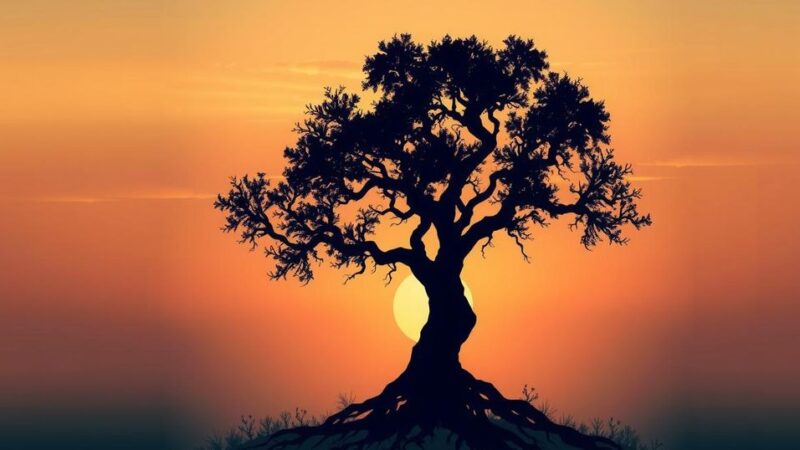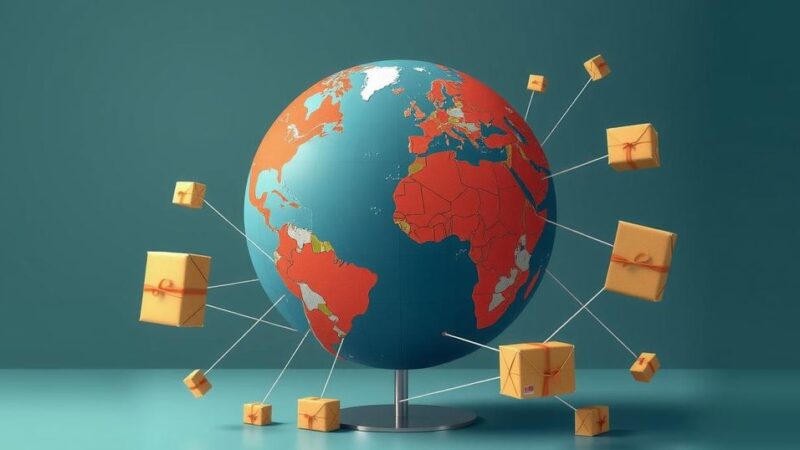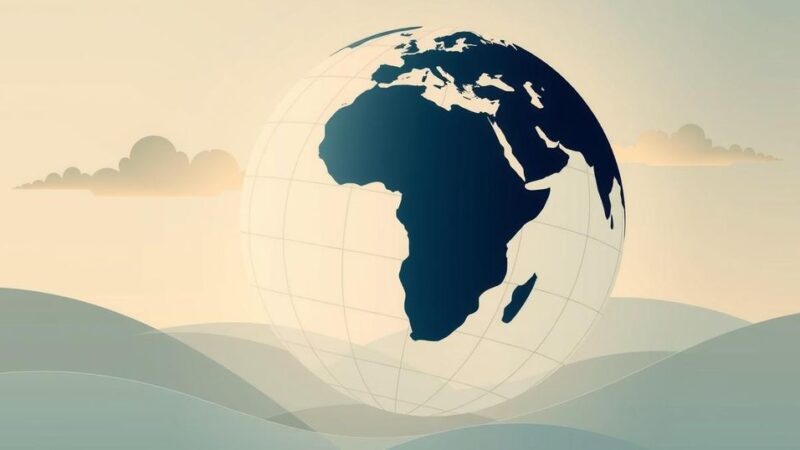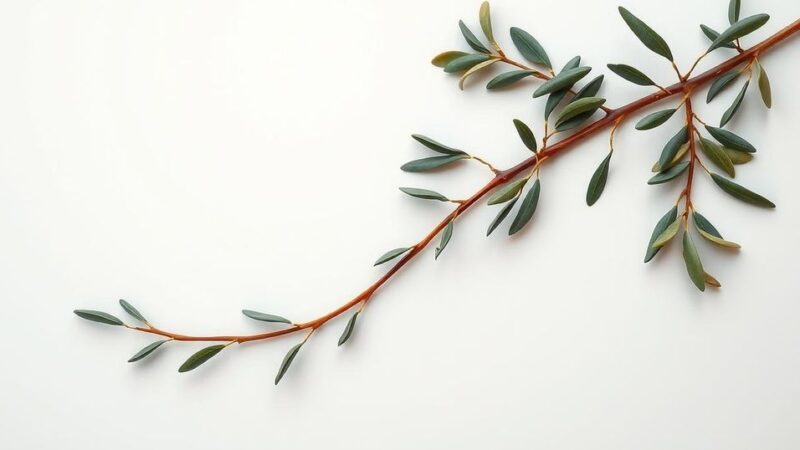Egypt, Somalia, and Eritrea have formed a strategic alliance to address escalating tensions with Ethiopia over the Nile waters, particularly due to the ongoing construction of the Grand Ethiopian Renaissance Dam (GERD). This coalition aims to bolster military cooperation, enhance economic ties, and promote regional stability in the face of shared challenges.
In the wake of escalating tensions with Ethiopia, Egypt, Somalia, and Eritrea have solidified their regional alliance, seeking to bolster their positions in the face of shared concerns over resource management and geopolitical stability. The collaboration between these nations is driven primarily by the contentious management of the Nile waters, particularly amidst Ethiopia’s ongoing development of the Grand Ethiopian Renaissance Dam (GERD). This partnership indicates a significant shift in the regional dynamics, as these three countries convene to jointly address their strategic interests and assert their influence in the Horn of Africa. High-level discussions and agreements focus on enhancing diplomatic and economic ties while fortifying military cooperation to ensure collective security against perceived external threats. The ramifications of this alliance are profound, particularly as Ethiopia stands firm on its GERD project, which Egypt fears could diminish its share of the Nile’s waters – a critical lifeline for the country. Historical grievances continue to underpin this tension, prompting Egypt to seek allies in the region to counterbalance Ethiopia’s ambitions. Moreover, the alliance may enable enhanced counter-terrorism efforts, joint military training, and economic partnerships that solidify trade routes and energy projects among the three nations, thereby promoting regional stability and development amid challenging circumstances. This unified stance illustrates a deliberate strategy to reclaim agency within a historically turbulent region, as Egypt, Somalia, and Eritrea clearly delineate their priorities, emphasizing collaboration to navigate the complexities posed by their Ethiopian counterpart.
The Nile River has been a source of conflict among the nations that depend on its waters, particularly between Egypt and Ethiopia. Egypt, which relies on the Nile for about 90% of its freshwater supply, has expressed grave concerns over Ethiopia’s construction of the Grand Ethiopian Renaissance Dam (GERD). As negotiations have repeatedly stalled, Egypt has turned to regional partners, such as Somalia and Eritrea, to foster a coalition that can address mutual security and resource management interests. Additionally, Somalia and Eritrea face their own challenges, including extremist groups and political instability, prompting them to seek stronger alliances that may provide mutual support and enhance their sovereign security.
In conclusion, the collaboration between Egypt, Somalia, and Eritrea represents a strategic response to the rising tensions with Ethiopia over the Nile waters and broader geopolitical challenges. This alliance not only seeks to safeguard their respective national interests but also aims to promote regional stability through enhanced cooperation in military, economic, and diplomatic spheres. As the triad attempts to navigate their collective grievances and aspirations, it is imperative to observe the unfolding dynamics within the Horn of Africa that may influence future regional governance and international relations.
Original Source: www.al-monitor.com
